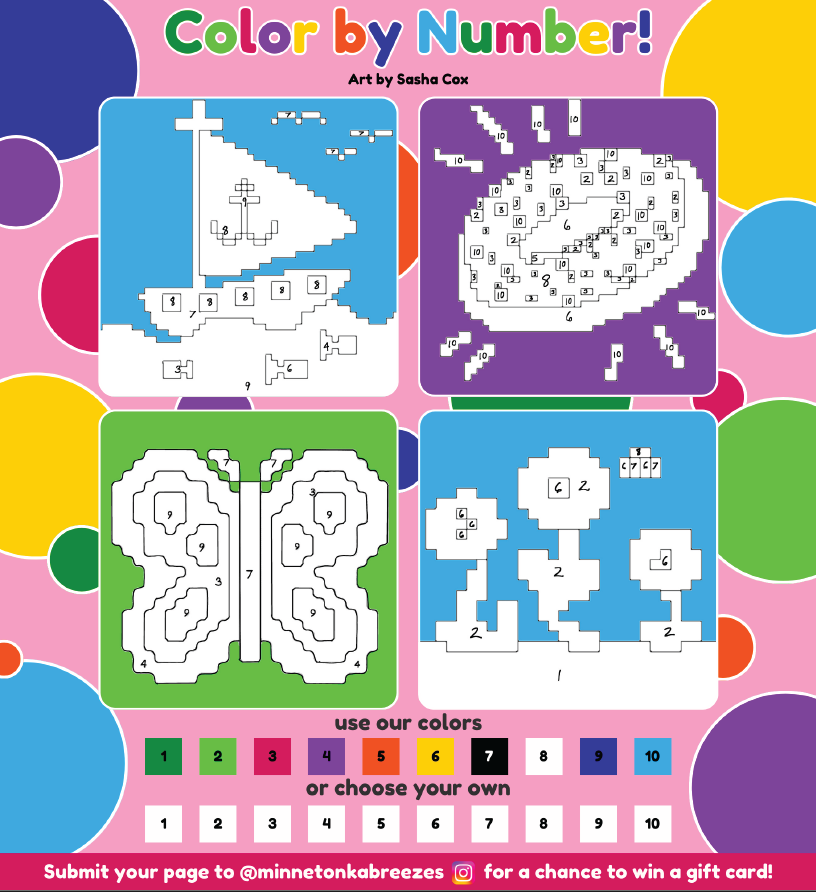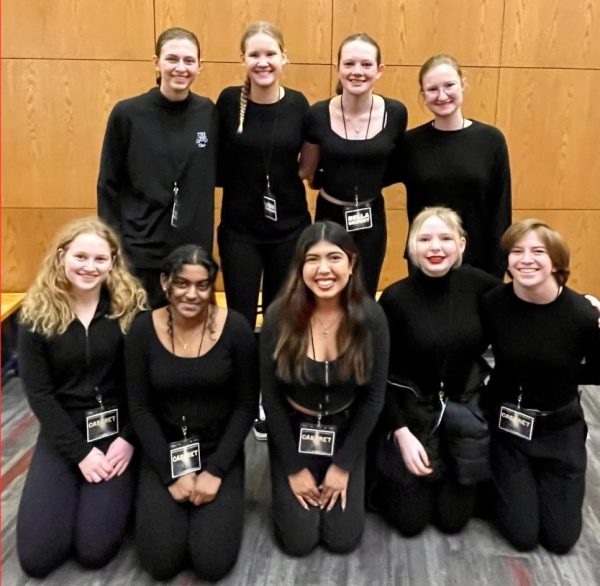Are Students More Concerned About Grades Than Learning? How to Make Learning About Learning
March 19, 2021
When a student gets their grade back for an assignment, their first worry is often how it will affect their overall grade in the class rather than whether they actually understood the material. As many students continue through high school, this pressure on them to maintain good grades and take advanced courses only increases.
Grades are an essential part of school—without them students wouldn’t have a GPA or be able to show how they are doing in a class. But when the pressure to get good grades increases due to stressors like college admissions, parents or personal goals, school will most likely become more grade-focused rather than learning-focused.
Students often have a variety of reasons to seek good grades, and “be[ing] motivated by the grade in a course is not in and of itself a bad thing,” says MHS college counselor Phil Trout.
A student who is motivated to get a good grade might spend more time learning the material, and therefore comprehend it better. On the other hand, if learning is solely grade-centric, the student might get too focused on the test’s requirements and never actually learn the material.
Furthermore, a student’s grade “doesn’t necessarily mean that they do or do not know the material,” said Shanal Khawaja, ‘21.
If grades are so arbitrary, what would it look like if MHS didn’t have them at all?
Students at Minnetonka have the option to take a class pass/fail, Mr. Trout said, but it’s uncommon.
As stated on the Minnetonka Schools website, “the PASS/FAIL option is for unusual personal circumstances and requires school principal approval.”
This opportunity could be very beneficial to some students, and Arthur Allan, ‘22, believes that “it would make it a lot easier for students who struggle with [grades] already.”
Trout also said that these alternative grading systems could help students, as long as they “reinforce the importance of the learning.”
In their 1985 study, Elawar and Corno showed that students who received feedback and comments instead of grades performed comparatively better in the class. In fact, several other studies have shown that by giving feedback instead of grades, students are more likely to improve their learning.
Grolnick and Ryan demonstrated in 1987 that when students are told their work will be graded, they will have a more difficult time understanding a text than students who were told they would not be graded.
But is a grade-less school really possible?
Trout said that “there are high schools in America that don’t give letter grades.” Instead, “teachers do a narrative on the student’s performance.”
Some high schools have adopted a grading system called the Mastery Transcript Consortium (MTC).
These schools believe that “the traditional transcript reinforces outdated modes of education, constrains innovation, limits learning to single subjects, and impedes the pursuit of educational equity and excellence,” according to the official MTC website.
The MTC doesn’t award grades or a GPA, instead bestowing “Mastery Credits,” which “combine to create a clear, succinct visualization of each learner’s unique strengths.”
So how do colleges and universities react to these types of systems while making an admission decision?
“Colleges and universities adjust accordingly to [alternative grading systems],” explains Trout.
Alternative grading systems don’t seem to be a problem for college admissions because they look at the student’s “academic record within the context of the high school,” Trout said.
If more high schools adopted alternative grading systems like the Mastery Transcript, perhaps students would focus less on how well they’re doing in the class and more on whether they’re enjoying and understanding the material.
Trout said that all educators hope to make students “excited about the courses [they’re] taking and the information and material that [they’re] learning.”
Next time MHS students are registering for classes, whether it be for high school, university, or college, they should think of what they are truly interested in and study it.























